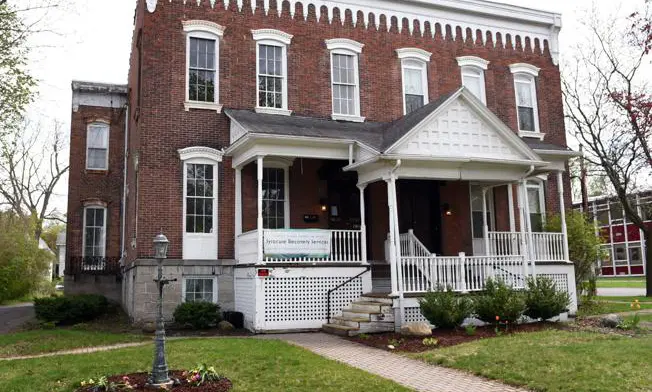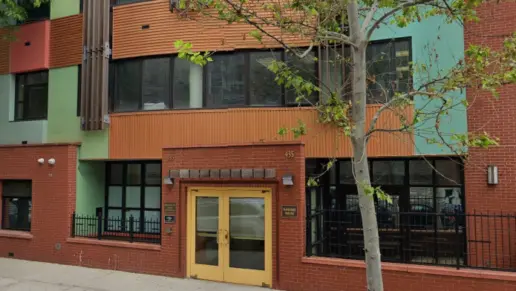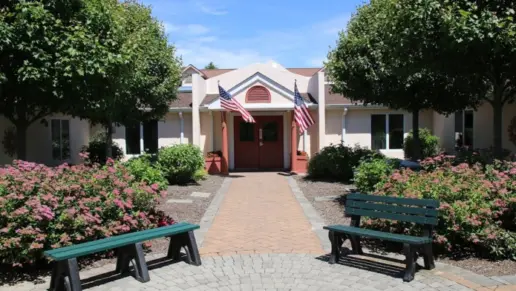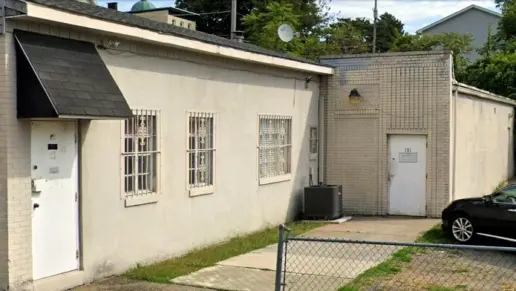Incredible staff and Doctor. You get out what you put into treatment. Best decision I’ve ever made.
About Syracuse Recovery Services
Syracuse Recovery Services (SRS) provides substance abuse treatment in Auburn, New York. They offer convenient outpatient programs that provide flexibility for those who want to continue working or attending school while getting treatment. There is a Spanish speaking program for those in the Auburn Latino community to get services in their primary language. This program includes all the options that are offered in English. SRS also offers DWI evaluations and treatment required by the New York State Department of Motor Vehicles for those convicted of impaired driving offenses.
Their treatment programs also include medication assisted treatment (MAT) which helps reduce drug cravings and lessen withdrawal symptoms. They use FDA approved medicines like Suboxone and naltrexone which are effective for opioid and alcohol withdrawal. SRS also offers medications that are safe for pregnant women.
The center includes specialty groups that aid in obtaining a positive self image and help guests avoid illegal and problematic activities. There is also a group for those seeking safety from trauma or substance abuse issues. You’ll work on coping skills that help you remain present in the moment, address current substance use triggers and maintain healthy, positive relationships.
Peer support is a vital component of their recovery program. You’ll have a peer support specialist who understands your experiences with addiction and can help guide you through the program. Peer support specialists can also help with recovery goals and connections to community resources for ongoing recovery.
They accept most health insurance plans and have walk in appointments available. Guests are welcome to stop in and meet with a counselor to learn more about their services.
Rehab Score
Gallery

Location
Other Forms of Payment
Self-pay involves paying for treatment out of your own pocket. You can use savings or credit, get a personal loan, or receive help from family and friends to fund your treatment. If you don't have insurance or your insurance plan doesn't cover a specific program, self-pay can help ensure you still get the care you need.
Private insurance refers to any kind of healthcare coverage that isn't from the state or federal government. This includes individual and family plans offered by an employer or purchased from the Insurance Marketplace. Every plan will have different requirements and out of pocket costs so be sure to get the full details before you start treatment.
Medicaid is a state based program that helps lower-income individuals and families pay for healthcare. Medicaid covers addiction treatment so those enrolled can use their coverage to pay for rehab. When a program accepts Medicaid the client often pays very little or nothing out of their own pocket.
Addiction Treatments
Levels of Care
Treatments
The goal of treatment for alcoholism is abstinence. Those with poor social support, poor motivation, or psychiatric disorders tend to relapse within a few years of treatment. For these people, success is measured by longer periods of abstinence, reduced use of alcohol, better health, and improved social functioning. Recovery and Maintenance are usually based on 12 step programs and AA meetings.
When you choose drug rehab in New York, you'll participate in a variety of treatments that are designed to help you live a drug-free lifestyle. Common methods of treatment include group, individual, and family counseling, medication management, nutrition, exercise, and management of co-occurring mental health disorders.
Many of those suffering from addiction also suffer from mental or emotional illnesses like schizophrenia, bipolar disorder, depression, or anxiety disorders. Rehab and other substance abuse facilities treating those with a dual diagnosis or co-occurring disorder administer psychiatric treatment to address the person's mental health issue in addition to drug and alcohol rehabilitation.
Opioid rehabs specialize in supporting those recovering from opioid addiction. They treat those suffering from addiction to illegal opioids like heroin, as well as prescription drugs like oxycodone. These centers typically combine both physical as well as mental and emotional support to help stop addiction. Physical support often includes medical detox and subsequent medical support (including medication), and mental support includes in-depth therapy to address the underlying causes of addiction.
Substance rehabs focus on helping individuals recover from substance abuse, including alcohol and drug addiction (both illegal and prescription drugs). They often include the opportunity to engage in both individual as well as group therapy.
Programs


Clinical Services
Cognitive behavioral therapy (CBT) in New York is a short term therapeutic method used to treat substance use and mental health disorders. CBT typically lasts from five to 20 sessions, based on the individual's needs.
Group therapy is any therapeutic work that happens in a group (not one-on-one). There are a number of different group therapy modalities, including support groups, experiential therapy, psycho-education, and more. Group therapy involves treatment as well as processing interaction between group members.
In individual therapy, a patient meets one-on-one with a trained psychologist or counselor. Therapy is a pivotal part of effective substance abuse treatment, as it often covers root causes of addiction, including challenges faced by the patient in their social, family, and work/school life.
Trauma therapy involves working through the psychological and emotional impact of a traumatic event. You learn to identify the triggers and develop coping mechanisms that build a sense of safety and trust in yourself.
Family therapy helps individual members of the family unit navigate the complexities of addiction. Therapists provide you with the tools you need to improve communication skills and conflict resolution. When families work together, they can support their loved one's recovery and help to restore balance and harmony within the household.
Coping with day to day living is a challenge while in addiction recovery. Life skills training helps you learn how to manage daily tasks and deal with stress in healthy ways. This is key to long term recovery.
Contact Information
2 Easterly Ave.
Suite 2
Auburn, NY 13021


